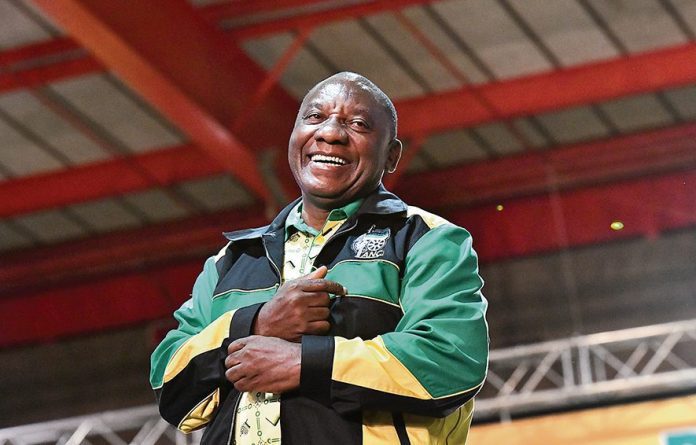Johannesburg – President Cyril Ramaphosa’s hand on power has been strengthened amid the battle for the soul of the ruling party.
This was after the Constitutional Court ruled that Public Protector Advocate Busisiwe Mkhwebane did not have authority to investigate funds donated to Ramaphosa’s ANC presidential campaign, dubbed CR17.
The court, in responding to the findings of Mkhwebane against Ramaphosa, also ruled that the president did not “wilfully” mislead Parliament on the R500 000 donation made by the late Bosasa chief executive officer Gavin Watson towards his campaign.
The country’s apex court also rejected Mkhwebane’s findings that the donation constituted money laundering in how it was made.
Mkhwebane investigated a complaint from former DA leader Mmusi Maimane, who alleged that Ramaphosa had lied to Parliament on the Bosasa donation, had an improper relationship with Bosasa, and that the donation constituted money laundering.
“The evidence placed before the Public Protector did not establish willfulness on the part of the president. When he answered the question by Mr Maimane on 6 November 2018. In fact, it appears that Mr Maimane himself was not aware that his question was factually incorrect. He thought that the payment of R500 000 was made to the president’s son (Andile) hence concerned about the improper relationship between African Global Operations whose CEO had paid the amount,” Justice Chris Jafta said, reading the judgment.
“At the time all parties concerned thought that they were dealing with a payment to the president’s son,” he added.
Jafta said Mkhwebane had used the words “inadvertently” and “deliberately” lied to Parliament when she could not establish that Ramaphosa willfully lied to the National Assembly.
“Instead of making the finding that the president did not wilfully mislead Parliament, the Public Protector effectively changed the wording of paragraph 2,3 (a) (of the Executive Ethics Code) to include deliberate or inadvertently misleading of the legislature so as to cover the situation where willfulness was not established.
“The Public Protector was wrong to change the code. She could not have considerably thought that wilfully could mean inadvertently. These words are mutually exclusive,” he said.
The court also found that Ramaphosa was not obliged to declare the donation to Parliament, which was one of the points made by the EFF, who joined Mkhwebane in her application.
Jafta noted that the money laundering – which formed part of Mkhwebane’s findings – fell outside of the Executive Ethics Code, which Ramaphosa was accused of violating.
Also read: Zuma says his judgment was not consistent with constitution
Follow @SundayWorldZA on Twitter and @sundayworldza on Instagram, or like our Facebook Page, Sunday World, by clicking here for the latest breaking news in South Africa. To Subscribe to Sunday World, click here.
Sunday World



